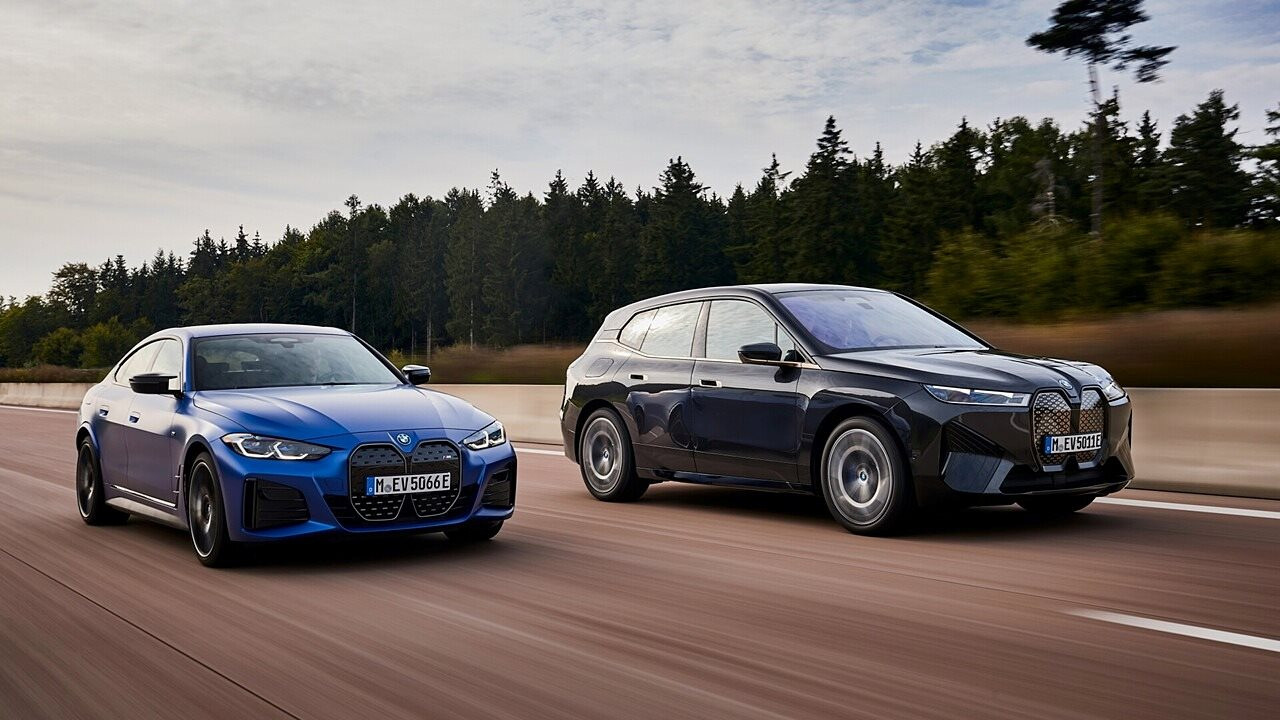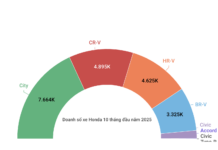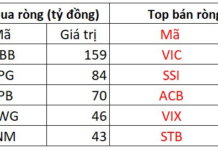
One of the biggest concerns that electric vehicle buyers face is the cost of these vehicles. However, things are getting better and market analysis company Gartner predicts that by 2027, the production cost of electric vehicles will be cheaper than those with internal combustion engines.
Large battery packs, new technology, and research and development costs have contributed to the high price of electric vehicles. However, innovation in manufacturing techniques and improvements in electric vehicle design will help bring down the cost of battery-powered vehicles much faster than anticipated.
Pedro Pacheco of Gartner states, “New OEMs are bringing innovations that simplify manufacturing costs, such as vehicle architecture or gigacasting technology, which reduces manufacturing costs and assembly time, something traditional car manufacturers have no choice but to adopt to survive.”
However, this also brings about a dilemma. Repair bills and insurance costs for customers are sure to increase. While Tesla’s gigacasting technology allows them to compete on price with other electric vehicle manufacturers, their repair costs are also very expensive.
As other automakers learn from this, Gartner predicts the average cost of repairing serious battery and body damage will increase by 30%. This could lead to some insurance companies refusing to insure certain models of electric vehicles.
Despite this, electric vehicle sales are expected to continue to rise globally in the coming years. Gartner estimates that the number of vehicles delivered will increase to around 18.4 million in 2024, 20.6 million in 2025, compared to 15.4 million in 2023. Although the figures are positive, it is not the exponential growth rate that many expect. Therefore, not every startup will thrive in this environment.
“With the promise of easy profits, high demand, many startups are focusing on the electric vehicle sector – from automakers to charging stations – some still heavily depend on external funding, making them particularly vulnerable to market challenges. Additionally, incentives related to electric vehicles are gradually being phased out in different countries, making the market even more challenging for traditional companies,” said Pacheco.
Therefore, Gartner predicts consolidation in the industry and that 15% of startups will go bankrupt or be acquired by 2027.





































